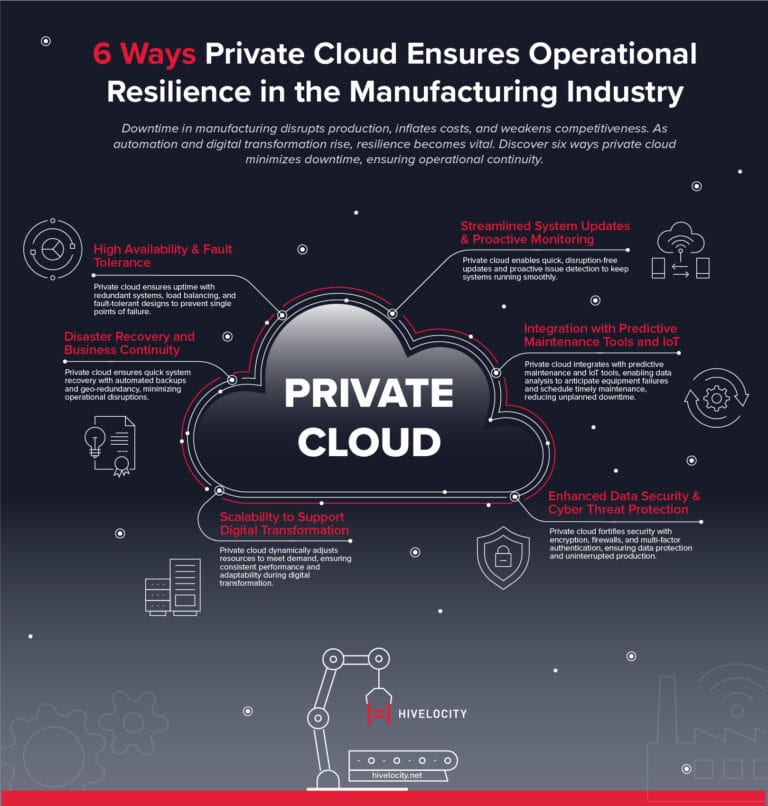
Why VMware Cloud Foundation is a Stronger Cloud Platform Compared to Others
In a rapidly evolving IT landscape, businesses are turning to cloud solutions to enhance agility, reduce costs, and drive innovation. Among the myriads of cloud platforms available, VMware Cloud Foundation (VCF), by Broadcom, stands out as a robust and comprehensive solution for private cloud environments. Here’s why VMware Cloud Foundation is a stronger cloud platform compared to other options, and how choosing an alternative can present challenges.
- Comprehensive Integration and Consistency: VCF offers a fully integrated software stack that includes compute (vSphere), storage (vSAN), networking (NSX), and cloud management (Aria Operations). This integrated approach ensures consistency across private and public clouds, providing a seamless hybrid cloud experience.
Challenges with Other Platforms: Other cloud platforms require piecing together multiple third-party solutions, leading to integration challenges and inconsistent performance. Managing disparate systems increases complexity, operational overhead, the potential for errors, and increased risk.
- Proven Enterprise-Class Capabilities: VMware has a long-standing reputation for delivering enterprise-grade virtualization and cloud solutions. VCF leverages this expertise to provide a platform that supports the most demanding enterprise workloads with high availability, disaster recovery, and robust security.
Challenges with Other Platforms: Some cloud platforms may not have the same track record in handling large-scale enterprise applications, potentially leading to performance and reliability issues. When integrating various security solutions gaps and vulnerabilities can emerge, unlike VMware’s cohesive security framework.
- Simplified Lifecycle Management: VCF automates the lifecycle management of the entire cloud stack, including provisioning, patching, and upgrading. This automation reduces administrative burdens and ensures that the infrastructure remains up to date with the latest features and security patches.
Challenges with Other Platforms: Some other platforms require manual updates, which can be time-consuming and prone to human error. This includes challenges with inconsistent patching which can lead to potential security and compliance risks.
- Robust Hybrid Cloud Capabilities: VMware Cloud Foundation is designed to enable a true hybrid cloud experience, allowing seamless workload migration between on-premises data centers and public cloud environments. This flexibility is critical for businesses looking to optimize their IT investments and scale efficiently.
Challenges with Other Platforms: Not all cloud platforms offer seamless hybrid capabilities, making it difficult to move workloads between environments. Another challenge is some providers’ solutions can lead to vendor lock-in, reducing flexibility and increasing long-term costs.
- Enhanced Developer Experience: With VCF, organizations can leverage VMware Tanzu to build, run, and manage modern applications. Tanzu simplifies Kubernetes adoption, providing developers with a consistent and reliable environment for containerized applications.
Challenges with Other Platforms: Other platforms may lack the seamless integration for Kubernetes, complicating container management and deployment. Developers might face limited tooling and support for modern application frameworks, hindering innovation and productivity.
- Extensive Partner Ecosystem: VMware’s extensive partner ecosystem ensures that businesses have access to a wide range of solutions and services that complement and enhance their VCF deployment. This ecosystem includes hardware vendors, ISVs, and service providers.
Challenges with Other Platforms: Some cloud platforms do not have as broad an ecosystem, limiting the availability of compatible solutions and services. Relying on a single vendor’s ecosystem can restrict choices and lead to suboptimal solutions.
In Review:
VMware Cloud Foundation, by Broadcom, stands out as a superior private cloud platform due to its comprehensive integration, enterprise-class capabilities, simplified lifecycle management, robust hybrid cloud support, enhanced developer experience, and extensive partner ecosystem. Businesses leveraging VCF can achieve greater agility, reduced complexity, and a consistent operational model across their hybrid cloud environments.
In contrast, alternative cloud platforms often present challenges such as fragmented solutions, limited hybrid support, increased management overhead, and potential security gaps. By choosing VMware Cloud Foundation, organizations can confidently drive their digital transformation initiatives and remain competitive in a dynamic marketplace.


